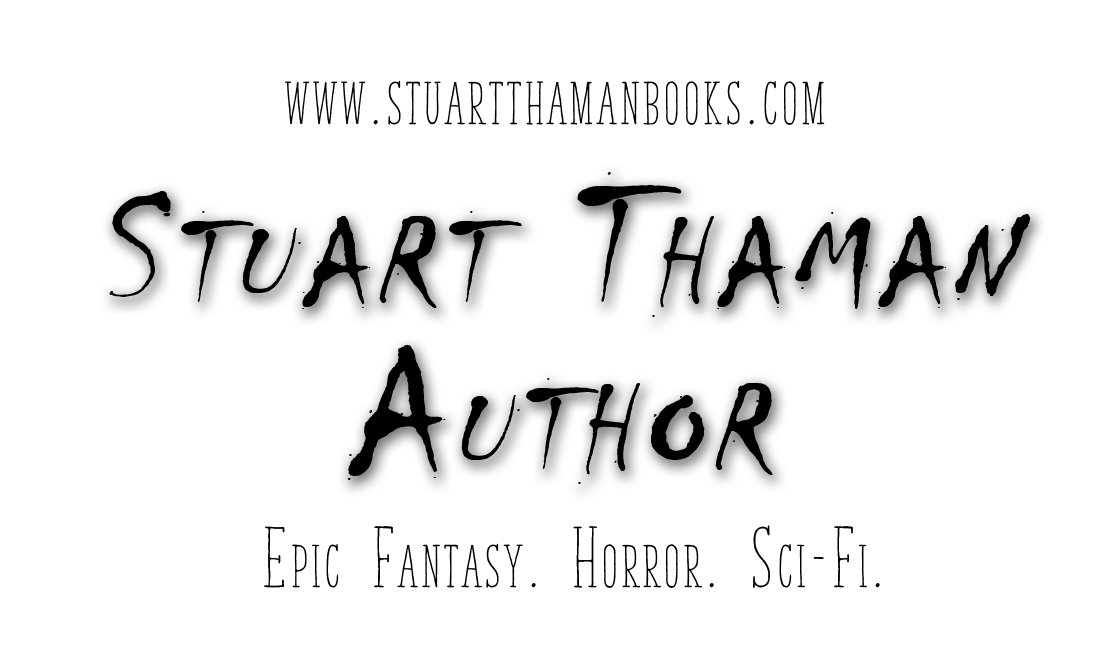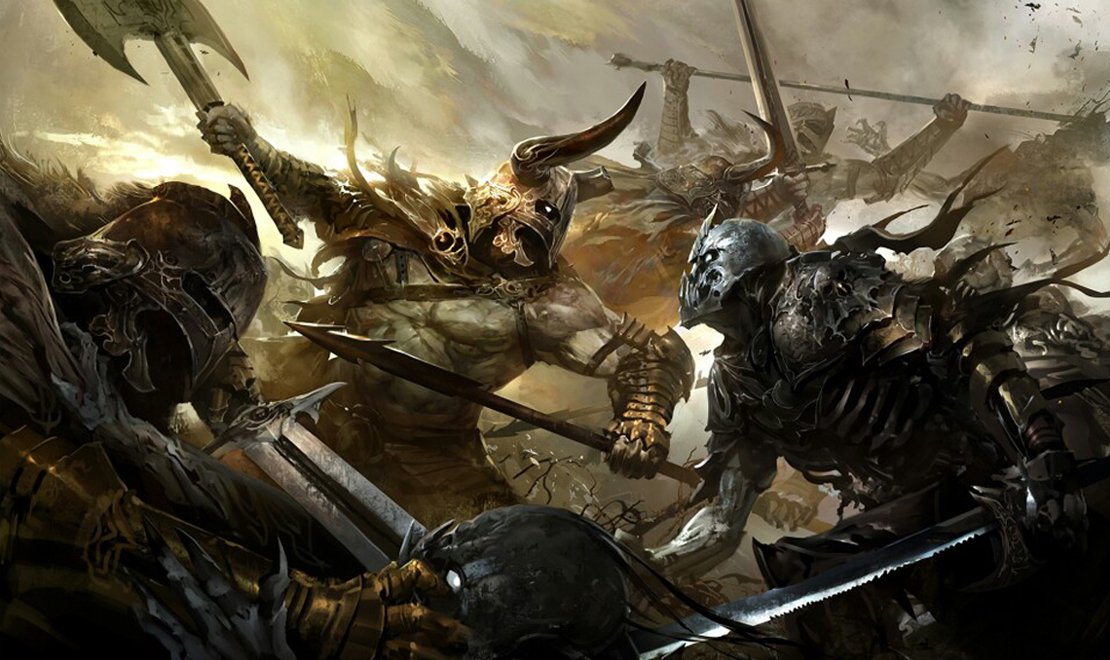So you want to run some Amazon ads?
Step One: Understanding the terms
ACoS = this is the critical term when understanding an ad's performance. It means Average Cost of Sale. That means how much you're spending on each sale via clicks. The lower this number is, the better.
CPC = this stands for Cost per Click which means how much you're paying for each click on your ad. You want this to be somewhat low, but high CPC has benefits which we'll address later.
Step Two: Understand your goals
Your total goal should be to get an ACoS of roughly 70% or lower. That means you should be at least breaking even on each sale. You also want to gain new readers for your brand and for your series. More about that later.
Step Three: Which books to promote?
Market the first book of your series as much as possible. Make fans on book 1 and money on books 2+.
Step Four: Pricing
The lower your book is priced, the more sales you're likely to get. But, you lose on royalties. So you'll need to find what works best for you. Marketing a 99 cent book probably won't get you to a good ACoS. Marketing a higher priced book probably will get a decent ACoS, but it'll be slower which means it takes longer to add to your fan base. You need to pick, test, and then make an educated decision. Don't let anyone tell you how to do it.
Step Five: Setting a daily budget
Don't think the daily budget means what you spend. It means what you could spend. And if no one clicks your ads, you won't spend anything. So set a high daily budget. Your budget should be higher than you would honestly feel comfortable spending. The higher your daily budget, the more Amazon will attempt to spend, which means getting free impressions. That's a good thing.
Step Six: Setting a cost per keyword
The average cost per keyword is changing frequently, though usually around 50 - 80 cents these days. Set the majority of your keywords around there too. If you have a keyword you particularly like, set it higher. Amazon will show you the average for each keyword, and sticking around there is recommended. At the end of the day, increasing your bids will simply accelerate your ad by gathering more impressions and, in theory, more clicks.
2020 Pricing Update: AMS has changed a lot since this article was published in 2018. I recommend using the ‘suggested’ price per click generated by Amazon. If you’re feeling confident, enable the dynamic bid up option. And I basically always use dynamic bidding down because why not? No reason to not check that box that I can think of.
Step Six and a Half: Which kind of ads to make?
(2020 update) Honestly, you can try all 3. General consensus in the community seems to be that ‘sponsored product’ is still the best. Lock screen ads are a new feature, but most authors I talk to don’t like them. Everyone hates ads on their Kindle for good reason, and the majority of your clicks are bound to come by accident as people simply touch their device. For all my personal ads, I only use sponsored product.
Step Seven: Pick your keywords
Arguably the toughest part. Search Amazon slowly. What that means is you need to type your genre into the search bar... slowly. Watch what else comes up. Those are similar search terms which people are entering. Target that stuff, even if it doesn't seem terribly relevant. Go to the bestseller list for your genre. Find the top 100 books, and use every single author and every single book title. Then use every single common misspelling of all those search terms. Then add things from other media forms which might be related to your book. You write sci-fi? Include the Star Wars movies and whatnot in your keywords. You write erotica? Add in the sex toys people search. In all honesty, you can never have too many keywords, but anything under 200 is too few.
Or...
You can use KDP Rocket. I don't get anything for promoting them, but I endorse the hell out of their wonderful product. Their software takes what I just described above, an hour or two worth of work, and does it for you in 30 seconds. Running ads without rocket is like building a lego where you have to carve all the blocks from wood before you start.
A few bonus notes on keywords (2020 update): Honestly, there are no irrelevant keywords. AMS is kind of like darts—you could make a horrible throw and by some grace of luck hit the bullseye. I once made an AMS for a historical samurai / portal fantasy novel and used a shotgun approach to keywords like I’m describing here. The best performer (with an ACoS around 20%) was Frankenstein, as in the Marry Shelley novel. Obviously, the two books are unrelated. So why did the keyword work for a samurai portal fantasy? I can’t say for sure, but my bet is that the majority of people searching for Frankenstein on Amazon are buying it for a school assignment, either high school or college. They also are likely to read (hence buying a book), and that age demographic is likely to enjoy both fantasy and samurai stuff / Japanese culture / anime. What’s the conclusion? Don’t delete a keyword until you know it is a bad one. And having unrelated keywords won’t hurt you (much) either since they’re unlikely to gather any clicks, and you only pay with each click.
Step Eight: Manage
Check your ad every 4 - 6 days. Checking more often than that is likely not too useful as their reporting data is slow to update. Every 5 days, go in and look at each keyword's performance. Pause the keywords with high clicks and no sales. Increase the bid on keywords with good ACoS. Start compiling a list of your own which is a compilation of all the keywords which have been winners for you so you can add them to every single ad you make.
2020 managing update: It will take more time to set up, but the more efficient way to test a bunch of keywords is by making lots and lots of individual ads with the same daily budget and only a handful of keywords. Putting them all in the same ad (say 1000+ keywords) might mean that keywords 600 - 1000 never get impressions because stuff higher up the list (in bid value) eat up each day’s budget limit. Just something to think about. Either set a high daily limit or make lots of smaller ads.
Step Nine: Ad Copy
Ok, this should be higher in the priority, but screw it. How do you write killer ad copy? Start by reading some. Search your book or similar books on Amazon. Read the ads they display. Do any work for you? Emulate those. Do any suck? Figure out why. The best ad is short, snappy, and packed with genre-specific atmosphere.
Example of good ad copy: Fast-paced dungeon adventure. Can an accountant from 2017 survive being trapped in a medieval video game?
Example of bad ad copy: Bill's an accountant. He loves video games. Then he ends up in one when he accidentally accesses the game's code. Will he live?
The general rule of ad copy: plot is bad, feeling and atmosphere are good. Tell them what genre you have, then let the cover image do the heavy lifting and make the sale.
Step Ten: Testing
Let your ads run as long as you can afford to let them run. And if your ad gets to 70% ACoS or lower, let it run until that number changes for the worse. How many ads should you run? As many as you can afford. Here's a good method to manage them:
Ad A is for book 1 of the series with keywords based on authors X, Y, and Z with ad copy "square"
Ad B is for book 1 of the series with keywords based on authors W, J, and L with ad copy "square"
Ad C is for book 1 of the series with keywords based on authors D, E, and F with ad copy "square"
Ad D is for book 1 of the series with keywords based on authors X, Y, and Z with ad copy "circle"
Ad E is for book 1 of the series with keywords based on authors W, J, and L with ad copy "circle"
Ad F is for book 1 of the series with keywords based on authors D, E, and F with ad copy "circle"
Ad G is for your series boxset with keywords based on authors X, Y, and Z with ad copy "square"
... You get the idea. Or you should.
In each ad, only change 1 variable. That's how you get to know if a keyword is truly good or not. Does it work with only 1 ad copy and not the other? That's fine. That's what you need to learn to wean out the bad keywords and the bad ad copy. And don’t be afraid to test a lot. It might take 20+ tried before you nail your ad copy. Dig in for the long haul.
Step 11: Interpreting Results
Low impressions = not enough keywords / bids are too low
Low clicks (generally) = not the right keywords or not the right ad copy (because you’re getting in front of lots of eyes, just not the right eyes.)
High impressions and low clicks = bad cover or bad ad copy (because something isn’t drawing them in from the ad; could also be the wrong keywords)
High impressions, high clicks, low sales = bad landing page, bad cover, bad blurb, or bad writing (uh oh) — luckily, my marketing series has guides to help you fix your landing page. Start with the blurb. Once you know that isn’t the issue, I would get input from other writers on the cover. If that doesn’t turn out to be the issue, you might need either more editing or a different book altogether. Sadly, not everything will sell no matter how polished it is.
High impressions, high clicks, high sales = congrats, you win!
Step Twelve: What next?
If you're reading this, you're either an indie author / marketeer, very confused, or somehow tricked into thinking this article is a fun short story about a bear becoming friends with a jeweler's daughter just to convince her to marry him and then leave her at the altar because you're a bear and she's a woman and it would have never worked out but dear god did you love that quirky human and now you'll miss her for decades and decades until Christopher Robin comes to rescue you but then he turns out to be a poacher in disguise and now you can never trust anything or anyone ever again.
No matter which category you fall into, here's what you should do next. Go buy an indie book. Read it. Leave an honest review. Seriously. You'll make someone's day, and you might just find out that indie authors have been churning out nuggets of quality for quite some time. Don't know where to find an indie book? Browse Amazon until you find a book ranked higher than 1 million. That book isn't selling. Be the fine chap who brings the poor book ranking back to 500k for a day or 2. Just imagine all the joy you'll cause, then go back to your whiskey, you booze-addled love-lost polar bear. I know your tricks. Don't think I don't...












